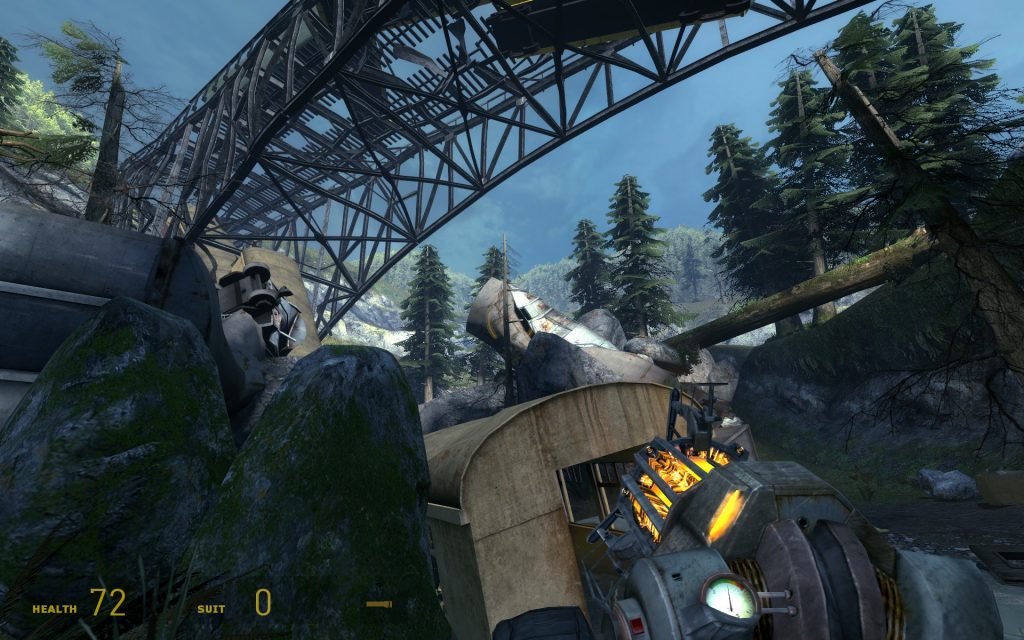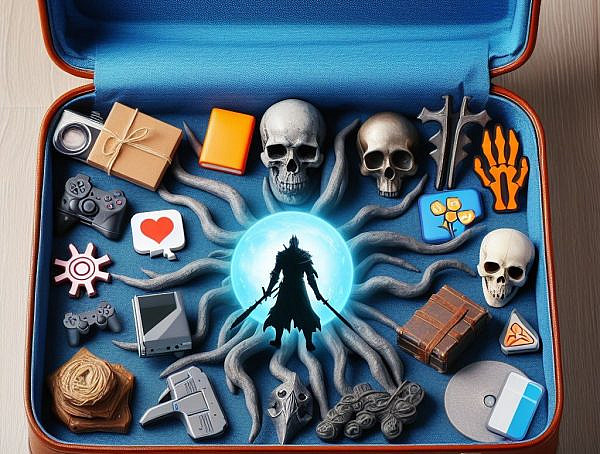Unreleased products and unfulfilled promises help us speculate and discuss the possibilities of the future.
In their paper “Game Vaporware as Design Fictions” Paul Coulton and Joseph Lindley write about games and game hardware which ended up as being ‘vaporware’, products that were announced to the public but never actually released, and how they could be considered as examples of design fiction. ‘Design fiction’ means fictional but plausible narrative prototypes that are built to create visions and discussion about possible technological futures. In design fiction, it’s important to create a believable and plausible ‘story world’ setting in which the fictional prototype is set, so that the fictional prototype would feel like it could be an actual thing, with the purpose of evoking thoughts and discourse about the possibilities of the future.
Coulton and Lindley provided an example of this with Game of Drones, a research paper that explored one possible fictional future via design fiction. Game of Drones described a change in European legislation that allowed the use of certificated drones in the United Kingdom for gamified civic tasks such as issuing fines to dog owners who do not clean up their dog’s excrements, and parking enforcement. The various aspects of the system were described in detail to suspend disbelief and make the concept feel more believable, from the technical specifications to the necessary changes in legislation and details of a conducted user trial. All of this was purely fictional, but based enough on facts to seem like a possibility in the future, with the aim to provoke discussion around the subject.
Vaporware games are proposed as another form of design fiction as they generate interest and discussion in potential audiences about the future. Coulton and Lindley mention Half-Life 3 as one example of this, with the large amount of speculation circulating the vaporware game. Other variation of this are vaporware games that were eventually released but in a different form than expected, such as Duke Nukem Forever and Daikatana. Both of these went through a long development process but didn’t deliver on their initial promise when they finally saw the light of release. Peter Molyneux’s Godus was also considered as an example as it never fulfilled the promised main element of one player being an all-powerful god for all others within the game.
There is also a trend of using video game trailers for games in development without any actual game footage in them. These trailers have arguably become increasingly fictional and portray what the game could possibly be like, instead of what it actually will be like, on release. This could be considered as a form of design fiction as well.
On the hardware side, many elements from never-released vaporware consoles have eventually been used in later products. For example, wireless game controllers and modern virtual reality headsets had all been previously in development before ending up as vaporware. Vaporware can thus be considered as a design fiction of what could be possible in the future, even if the technology and resources of today weren’t able to bring the concept into reality.
The authors of the paper propose that vaporware is perceived negatively due to the expectation that the products eventually ‘will’ rather than ‘might’ be produced. As such these are viewed as unfulfilled promises in the eyes of the consumers. Thus, the authors encourage game researchers and developers to create fictional video game concepts, design fiction alike vaporware, to craft believable, interesting and plausible futures for video game industry without breaking the promise to the consumers.
Game Vaporware as Design Fictions by Paul Coulton and Joseph Lindley
Published in: 20th International Academic Mindtrek Conference, October 17-18, 2016.
Original article: http://dl.acm.org/citation.cfm?id=2994313
You might also like
More from Game Research Highlights
How do you want to do this? – A look into the therapeutic uses of role-playing games
Can playing RPGs contribute positively to your wellbeing? A recent study aims to find out how RPGs are being used …
Eldritch horrors and tentacles – Defining what “Lovecraftian” is in games
H.P. Lovecrafts legacy lives today in the shared world of Cthulhu Mythos and its iconic monsters. Prema Arasu defines the …
Are Souls Games the Contemporary Myths?
Dom Ford’s Approaching FromSoftware’s Souls Games as Myth reveals the Souls series as a modern mythology where gods fall, desires …
















